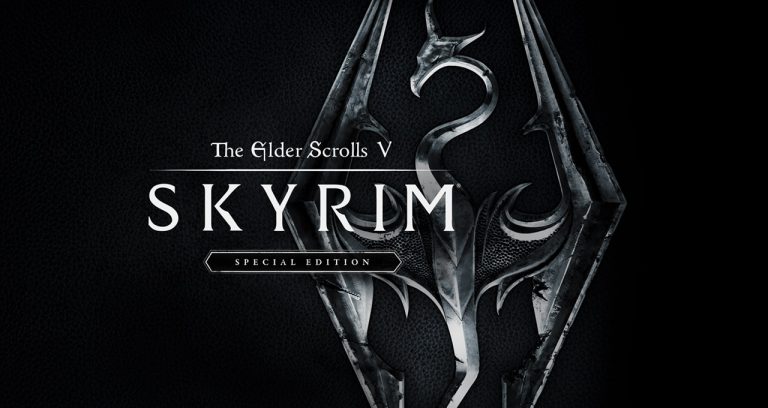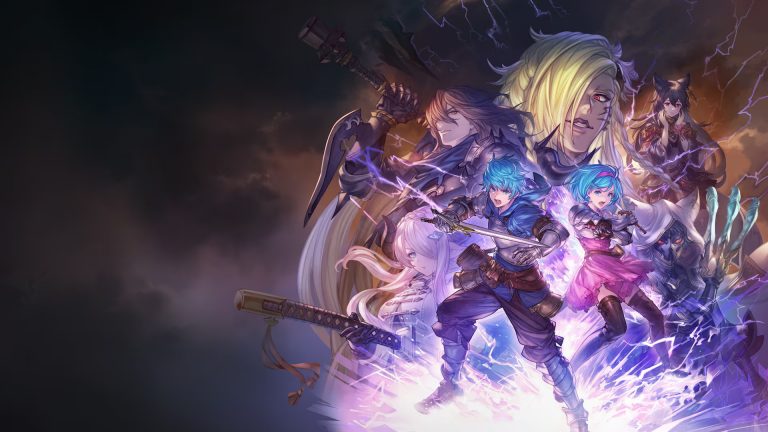
Whether you’re thinking about becoming a game designer or you already have experience and are considering your game engine options, Unity should be on your radar. This is one of the best-known engines on the market and has been under continual development for many years. What does it offer, and is it right for you? We’ll explore those questions and more in this post.
What’s the Unity Game Engine?
Unity is a game engine – it’s used to design and develop games for iOS and Android, as well as other platforms. It was first developed and released in 2005 and has gone through considerable evolution over the years. Today, it’s one of the most frequently used game engines on the market, with millions of developers and even more players.
One of the reasons that many developers prefer Unity is that it’s free of charge. However, it doesn’t lack features or capabilities because of that. Unity can also be used to develop games for pretty much any platform, from iOS devices to the PS4. Plus, unlike engines such as Cocos2D, Unity is 3D capable.
The Pros and Cons of Using Unity
Pros
- Free game engine that can publish to virtually any platform
- Robust set of tools and features for developing games
- Rich developer ecosystem and plenty of documentation
- Drag and drop functionality (no hand-coding required)
Cons
- A potentially considerable learning curve
- No templates (all projects have to be started from scratch)
- “World” editing can be laggy
A Look at Unity’s Market Share and Who Uses It
According to TechCrunch, Unity boasts some pretty staggering statistics, including:
- 50% market share in the mobile gaming segment and 60% in AR/VR
- 5 million monthly active creators
- 93 of the largest game design studios use Unity
You’ll find that Unity3D is the driving force behind some of the hottest mobile titles to ever hit an app store. These include Pokémon Go, Hearthstone, and Cuphead, to name just three. There are plenty of others. In fact, it would be easier to list what companies don’t use Unity rather than those that do.
Monetization Options Available for the Unity Game Engine
Unlike Cocos, which requires you to use the Any SDK and then AdMob, Unity has a built-in monetization option. According to Unity’s support documentation, “Unity Ads generates revenue by displaying paid advertising in your game. The more traffic and impressions your game creates, the more money you can earn.”
Reward Video Ads on Unity Game Engine
One of the most important options with Unity Ads is the ability to deliver reward video ads. These offer something of value to your users – a power-up or something else that affects gameplay for the better – in exchange for them watching a brief video. When that happens, you get paid, the player gets something they want, and the advertiser can reach new audience members. It’s a much better option than in-app purchases, the outdated freemium model, or charging for your game outright.
A shameless self-insertion here=), AppLixir Reward Video Ads Monetization is also available for Unity Games.
Conclusion
Unity is the single most popular game engine for mobile game design today. It also offers plenty of monetization options, including reward video, to help you boost ROI.












